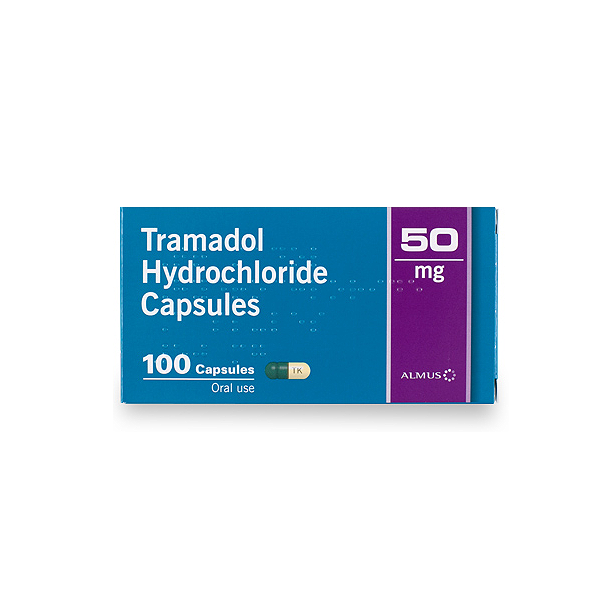Description
Managing Pain with Dihydrocodeine (DHC) 30mg
Pain can be a significant barrier in daily life, buy Dihydrocodeine online for a viable solution for those suffering from moderate to severe pain. This guide aims to provide detailed information on Dihydrocodeine, its operation, usage guidelines, and important safety precautions for effective pain management.
Understanding Dihydrocodeine (DHC) 30mg:
What is Dihydrocodeine?
Dihydrocodeine is an opioid analgesic, prescribed for the relief of moderate to severe pain.
How Dihydrocodeine (DHC) 30mg Functions:
Dihydrocodeine works by attaching to opioid receptors in the brain and spinal cord, changing the way your body perceives and responds to pain.
Important Precautions with Dihydrocodeine (DHC) 30mg:
Prior to using Dihydrocodeine, it’s crucial to consider:
Allergies:
Alert your healthcare provider to any allergies, especially to Dihydrocodeine or related medications.
Medical History:
Discuss your medical history, focusing on respiratory issues, mental health conditions, substance use history, and pregnancy or pregnancy plans.
Alcohol and Sedatives:
Be cautious with alcohol and sedatives, as Dihydrocodeine can amplify their effects.
Operating Vehicles or Machinery:
Dihydrocodeine may cause dizziness or drowsiness, so it’s advisable to avoid driving or using heavy machinery until you understand how it affects you.
Guidelines for Taking Dihydrocodeine (DHC) 30mg:
To use Dihydrocodeine safely and effectively:
Dosage:
Follow your healthcare provider’s instructions for dosage, typically starting at 30mg to 60mg every 4 to 6 hours for pain. Adjustments may be made based on your response.
Administration:
Take Dihydrocodeine orally, with or without food. Swallow tablets whole without crushing or chewing.
Duration of Use:
Use Dihydrocodeine for the shortest period necessary and avoid long-term use without your doctor’s advice.
Potential Drug Interactions:
Be mindful of possible interactions with other medications, including:
Alcohol and CNS Depressants:
Combining Dihydrocodeine with these substances can increase risks of adverse effects.
Medications:
Inform your healthcare provider of all your current medications to avoid interactions.
Side Effects and Safety:
Common side effects might include:
Dizziness
Drowsiness
Nausea
Vomiting
Constipation
Dry mouth
Seek medical attention for severe side effects or allergic reactions.
Storing and Disposing of Dihydrocodeine:
Store at room temperature, away from heat and moisture.
Keep out of reach of children and pets.
Dispose of unused or expired medication responsibly.
Conclusion:
Dihydrocodeine (DHC) 30mg can effectively manage pain, but it’s crucial to use it responsibly under medical guidance. By adhering to the prescribed dosage and being aware of interactions and precautions, you can effectively manage pain and enhance your quality of life. Always consult your healthcare provider for any concerns or questions about this medication.
Reference Links
https://www.nhs.uk/medicines/dihydrocodeine/
https://www.cochranelibrary.com/cdsr/doi/10.1002/14651858.CD002760/abstract











Reviews
There are no reviews yet.